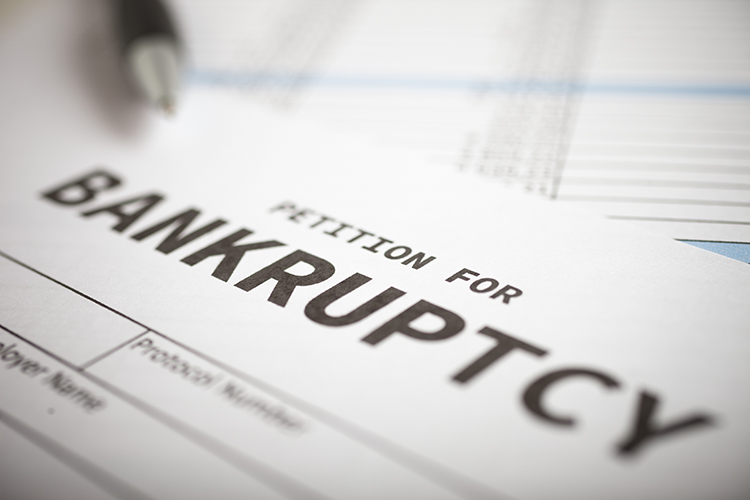Insolvency Legislation Reforms to Take Effect November 2019

On November 1, 2019, a number of amendments to the Bankruptcy and Insolvency Act (the “BIA”) and the Companies’ Creditors Arrangement Act (the “CCAA”) will come into force pursuant to the Canadian federal government’s budget implementation legislation for 2018 and 2019.
The amendments to the BIA and the CCAA (together, the “Acts”) introduced under Bill C-97, or the Budget Implementation Act, 2019, No.1,1 are purportedly aimed to enhance retirement security by making the insolvency process fairer, more transparent and more accessible.2 The following is a general overview of the Bill C-97 amendments to the Acts:
- Duty of Good Faith – The amendments to both Acts create a statutory duty to act in “good faith” applicable to any interested person in an insolvency proceeding under the Acts. If any such party is found to have failed to act in good faith, on application, the Court may make any order that it considers appropriate in the circumstances. The “good faith” standard is not defined in the amendments. However, since established in the Supreme Court of Canada’s landmark 2014 decision of Bhasin v. Hrynew,3 the duty to act in good faith in contractual dealings has been well developed in subsequent jurisprudence.
- Disclosure of Economic Interest – The amendments to the CCAA provide a mechanism, on application by an interested party, for Court-ordered disclosure of another interested party’s economic interest in an insolvent company. “Economic interest” is broadly defined to include: (i) claims, eligible financial contracts, options, mortgages, hypothecs, pledges, charges, liens and any other security interests; (ii) consideration paid for any right or interest, including those listed in (i); and (iii) any other prescribed right or interest. In determining whether to order disclosure of economic interest, the Court is to consider whether the monitor has approved the proposed disclosure, whether the disclosure would enhance the prospects of a viable compromise or arrangement and whether material prejudice would result from the disclosure.
- Stay Period on Initial Applications – The maximum length of the initial stay period pursuant to an Initial Order issued under the CCAA will be reduced from the current thirty days to ten days. In addition, the initial relief provided by the Initial Order will be limited to those measures reasonably necessary for the debtor to operate in the ordinary course during the ten-day stay period, and the same limitation will apply to debtor-in-possession (DIP) financing. Stakeholders will be allowed to attend the customary “comeback hearing” in respect of an Initial Order after the expiry of the ten-day period.
- Additional Director Liability – Whereas the Court already has the power under the BIA to impose liability against directors of a bankrupt corporation with respect to dividends (other than stock dividends) or share redemptions/purchases made during the one-year period prior to the date of that corporation’s initial bankruptcy event, the amendments to the BIA now allow for Court review (with respect to the same time period) of the payment of termination pay, severance pay or incentive benefits or other benefits to a director, an officer or any person who manages or supervises the management of the business and affairs of a bankrupt corporation. In all such cases, the Court may now find directors liable if: (i) the payments were made while the corporation was insolvent, or rendered the corporation insolvent; (ii) the payments were “conspicuously” in excess of fair market value of the consideration received by the corporation; (iii) the payments were made outside the ordinary course of business; and (iv) the directors did not have reasonable grounds to believe the contrary to (i), (ii) and (iii).
- Registered Disability Savings Plans Exempt – The amendments to the BIA now exclude registered disability saving plans from the property of a bankrupt that is divisible amongst its creditors.
In addition, amendments to the Acts that purportedly ensure the preservation of intellectual property rights during insolvency proceedings will also come into force on November 1, 2019, pursuant to Bill C-86, the Budget Implementation Act, 2018 No. 2.4 As a result of the changes, intellectual property users may retain their usage rights when intellectual property rights are disposed of in an insolvency proceeding under the BIA or the CCAA, or when the agreement relating to such property rights is disclaimed in such a proceeding. While the amendments provide for a more uniform treatment of intellectual property across different insolvency proceedings, some ambiguity may arise as to the scope of property to which the amendments apply, as no definition of “intellectual property” is provided.
The amendments to the Acts will apply to filings that occur after November 1, 2019.

